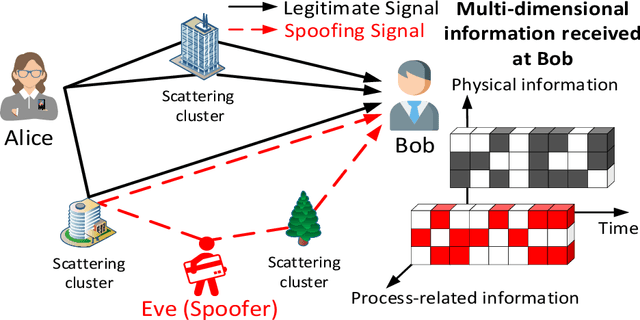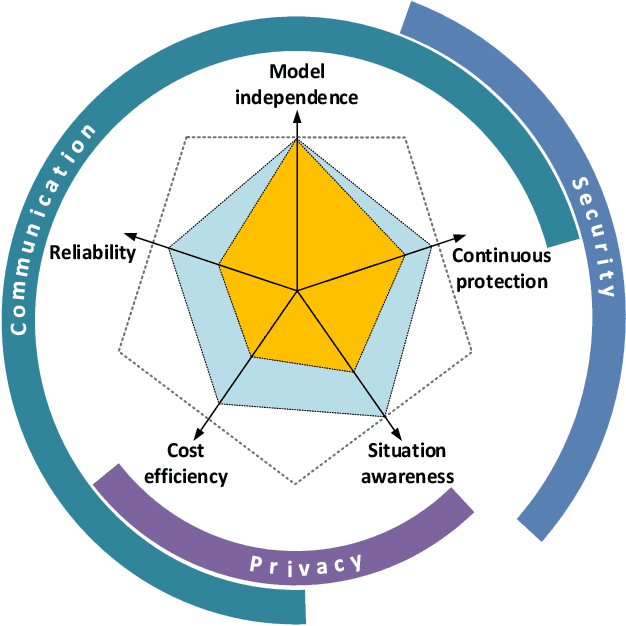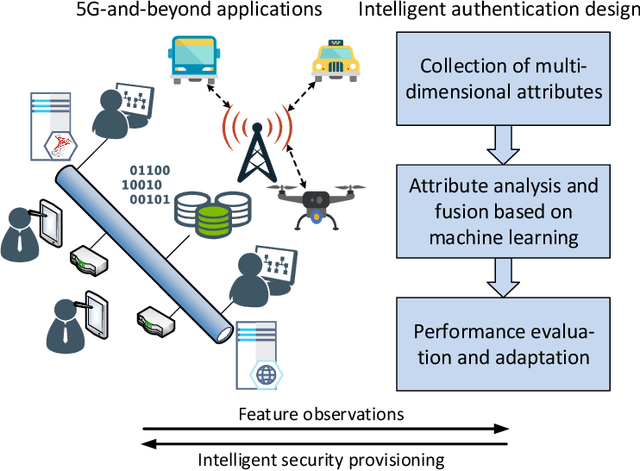He Fang
Feasibility-Aware Pessimistic Estimation: Toward Long-Horizon Safety in Offline RL
May 13, 2025Abstract:Offline safe reinforcement learning(OSRL) derives constraint-satisfying policies from pre-collected datasets, offers a promising avenue for deploying RL in safety-critical real-world domains such as robotics. However, the majority of existing approaches emphasize only short-term safety, neglecting long-horizon considerations. Consequently, they may violate safety constraints and fail to ensure sustained protection during online deployment. Moreover, the learned policies often struggle to handle states and actions that are not present or out-of-distribution(OOD) from the offline dataset, and exhibit limited sample efficiency. To address these challenges, we propose a novel framework Feasibility-Aware offline Safe Reinforcement Learning with CVAE-based Pessimism (FASP). First, we employ Hamilton-Jacobi (H-J) reachability analysis to generate reliable safety labels, which serve as supervisory signals for training both a conditional variational autoencoder (CVAE) and a safety classifier. This approach not only ensures high sampling efficiency but also provides rigorous long-horizon safety guarantees. Furthermore, we utilize pessimistic estimation methods to estimate the Q-value of reward and cost, which mitigates the extrapolation errors induces by OOD actions, and penalize unsafe actions to enabled the agent to proactively avoid high-risk behaviors. Moreover, we theoretically prove the validity of this pessimistic estimation. Extensive experiments on DSRL benchmarks demonstrate that FASP algorithm achieves competitive performance across multiple experimental tasks, particularly outperforming state-of-the-art algorithms in terms of safety.
Machine Learning for Intelligent Authentication in 5G-and-Beyond Wireless Networks
Jul 28, 2019



Abstract:The fifth generation (5G) and beyond wireless networks are critical to support diverse vertical applications by connecting heterogeneous devices and machines, which directly increase vulnerability for various spoofing attacks. Conventional cryptographic and physical layer authentication techniques are facing some challenges in complex dynamic wireless environments, including significant security overhead, low reliability, as well as difficulty in pre-designing authentication model, providing continuous protections, and learning time-varying attributes. In this article, we envision new authentication approaches based on machine learning techniques by opportunistically leveraging physical layer attributes, and introduce intelligence to authentication for more efficient security provisioning. Machine learning paradigms for intelligent authentication design are presented, namely for parametric/non-parametric and supervised/unsupervised/reinforcement learning algorithms. In a nutshell, the machine learning-based intelligent authentication approaches utilize specific features in the multi-dimensional domain for achieving cost-effective, more reliable, model-free, continuous and situation-aware device validation under unknown network conditions and unpredictable dynamics.
 Add to Chrome
Add to Chrome Add to Firefox
Add to Firefox Add to Edge
Add to Edge